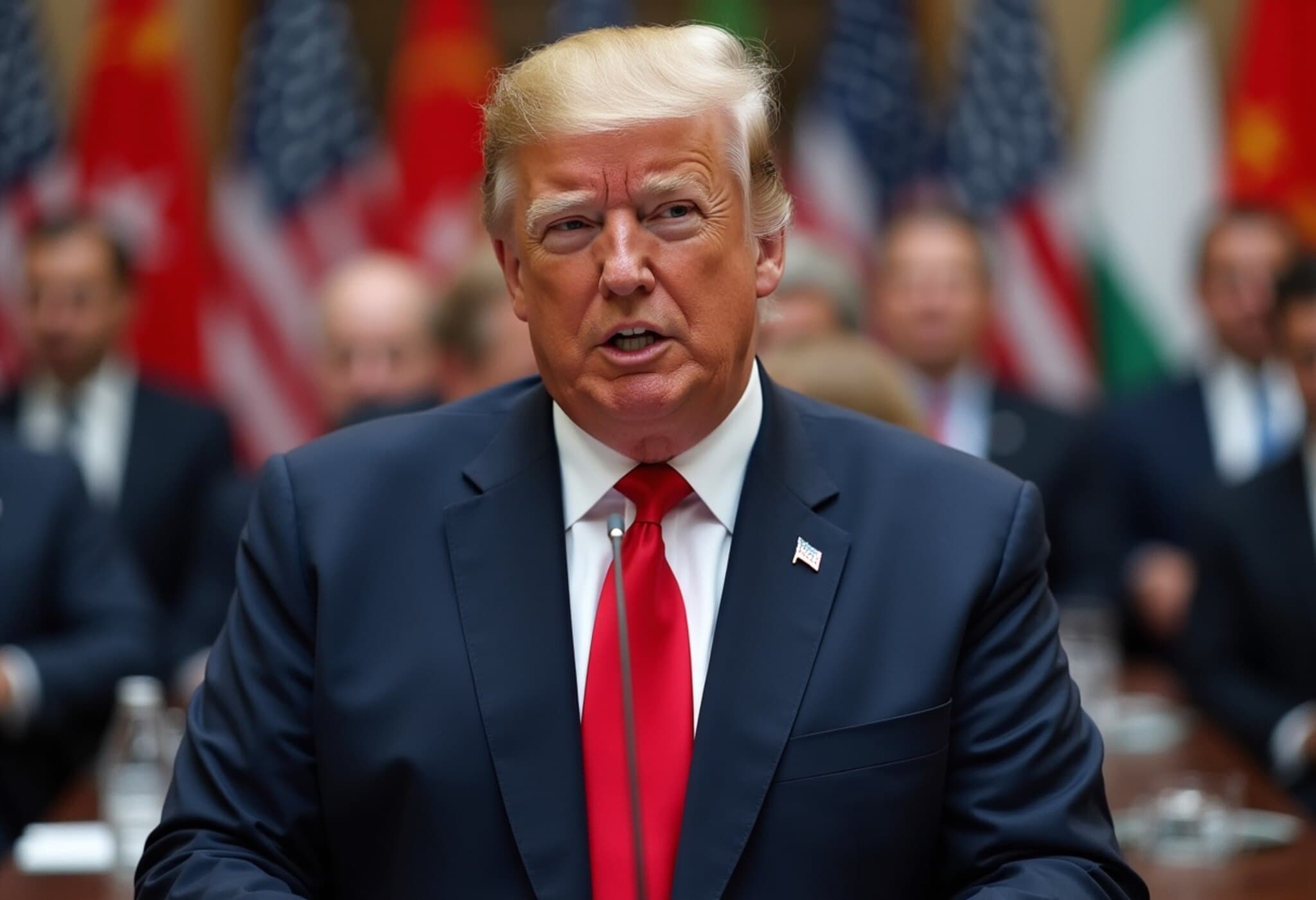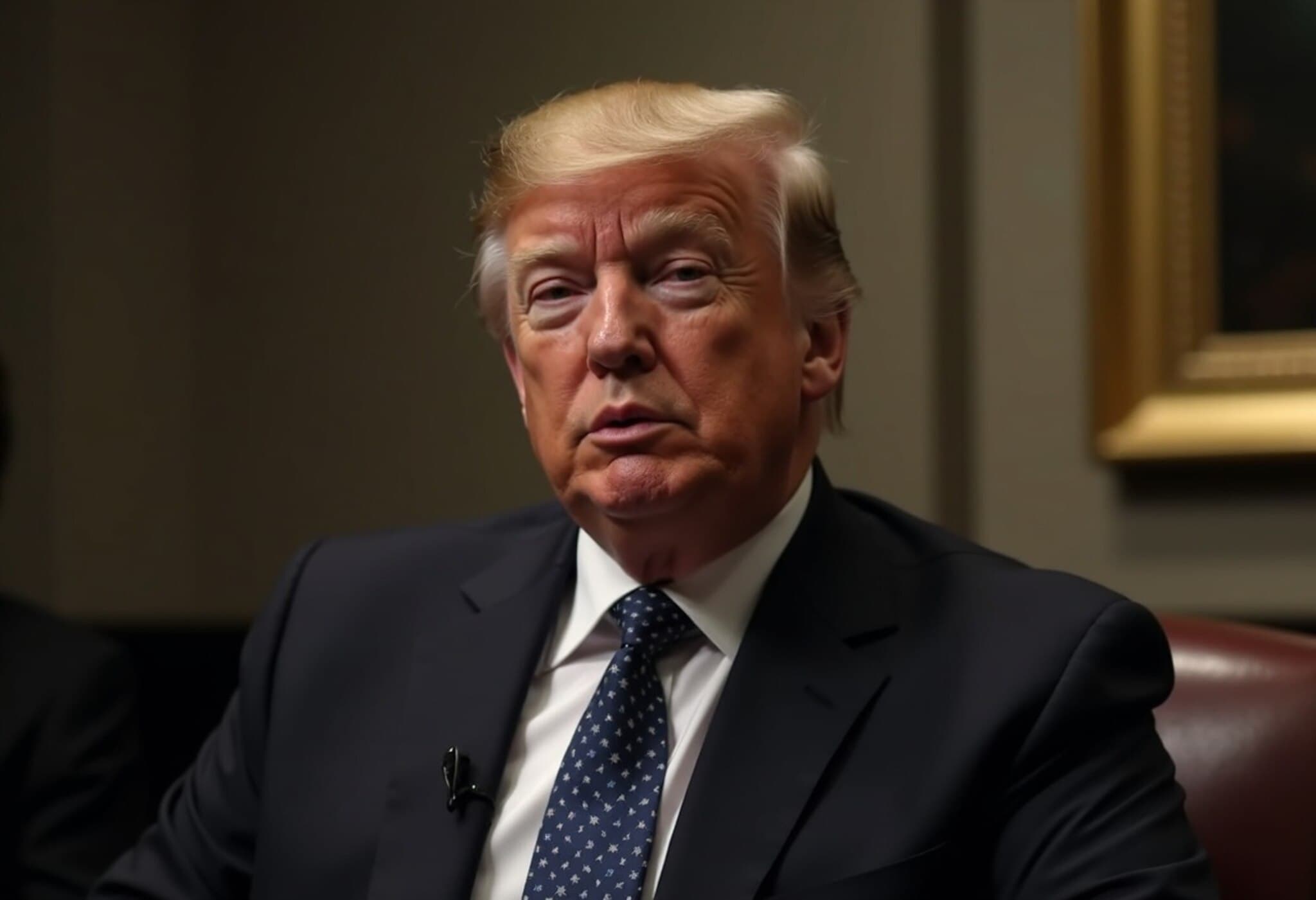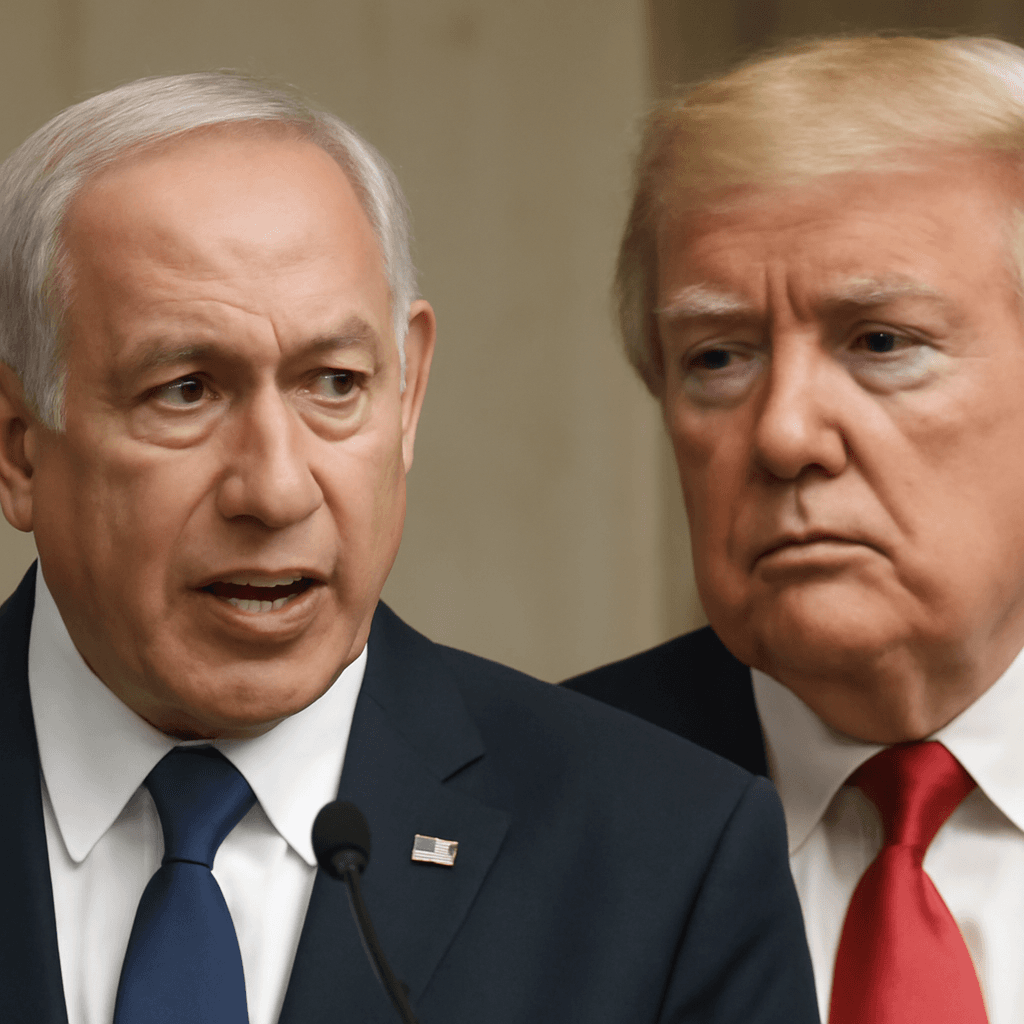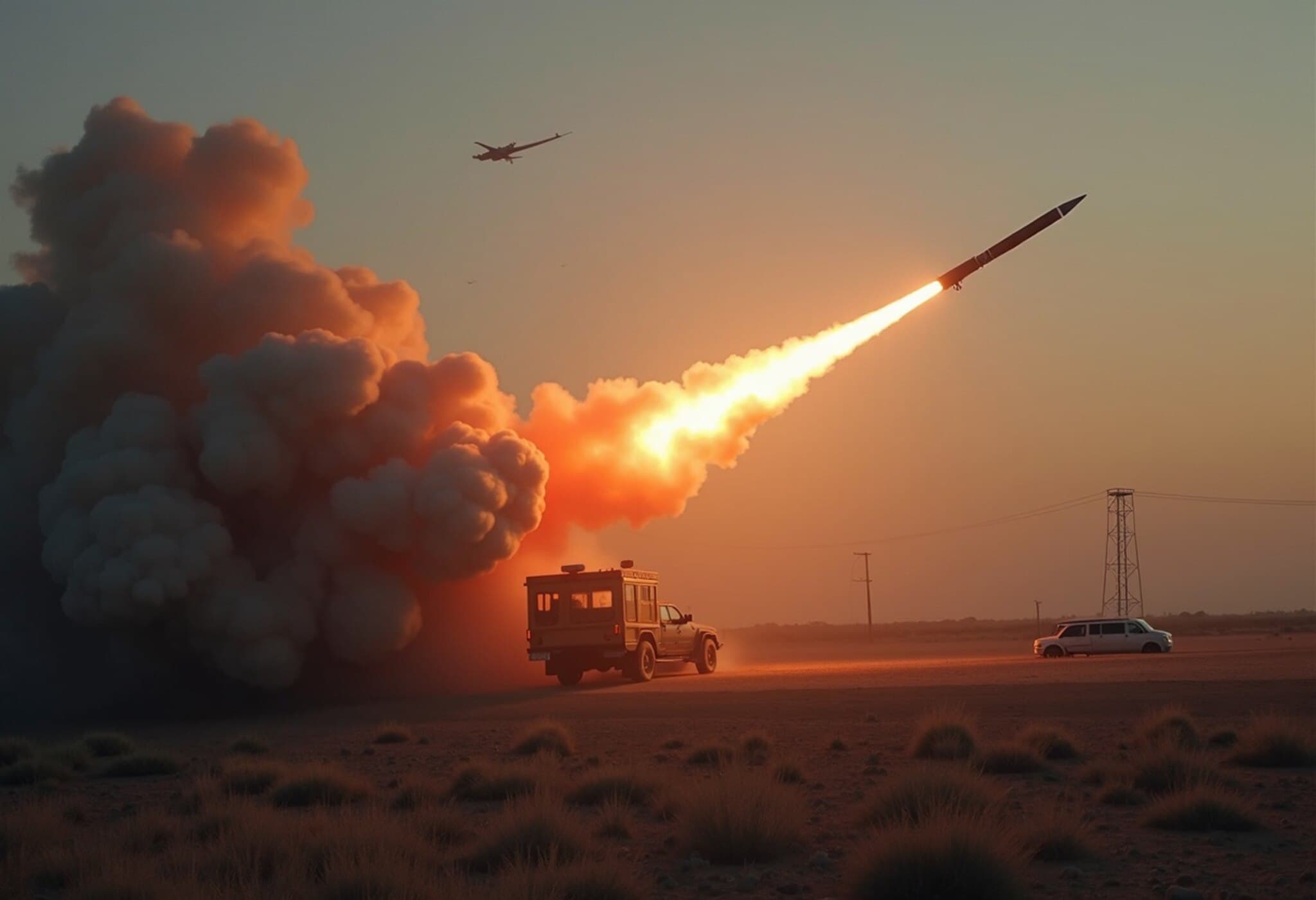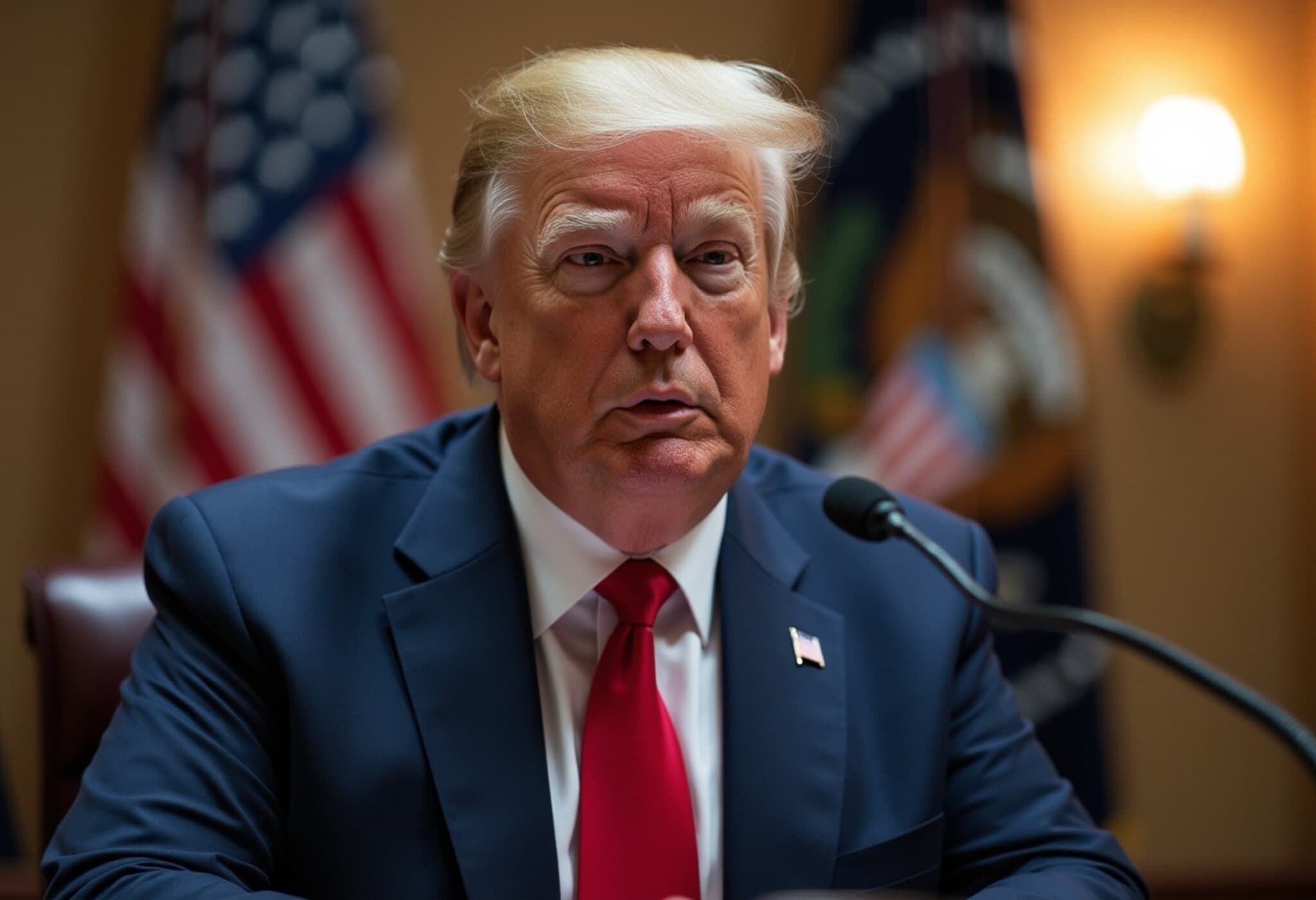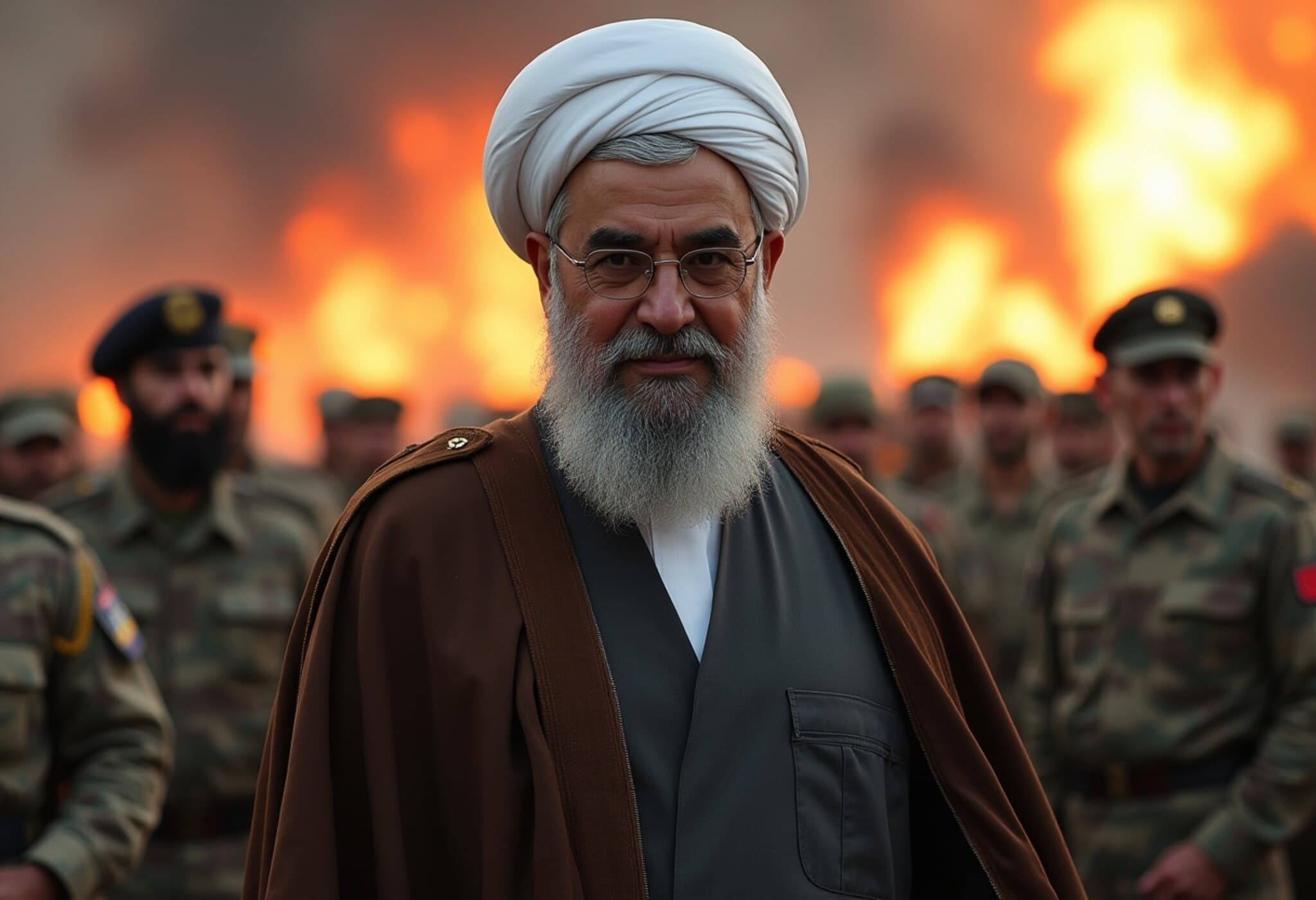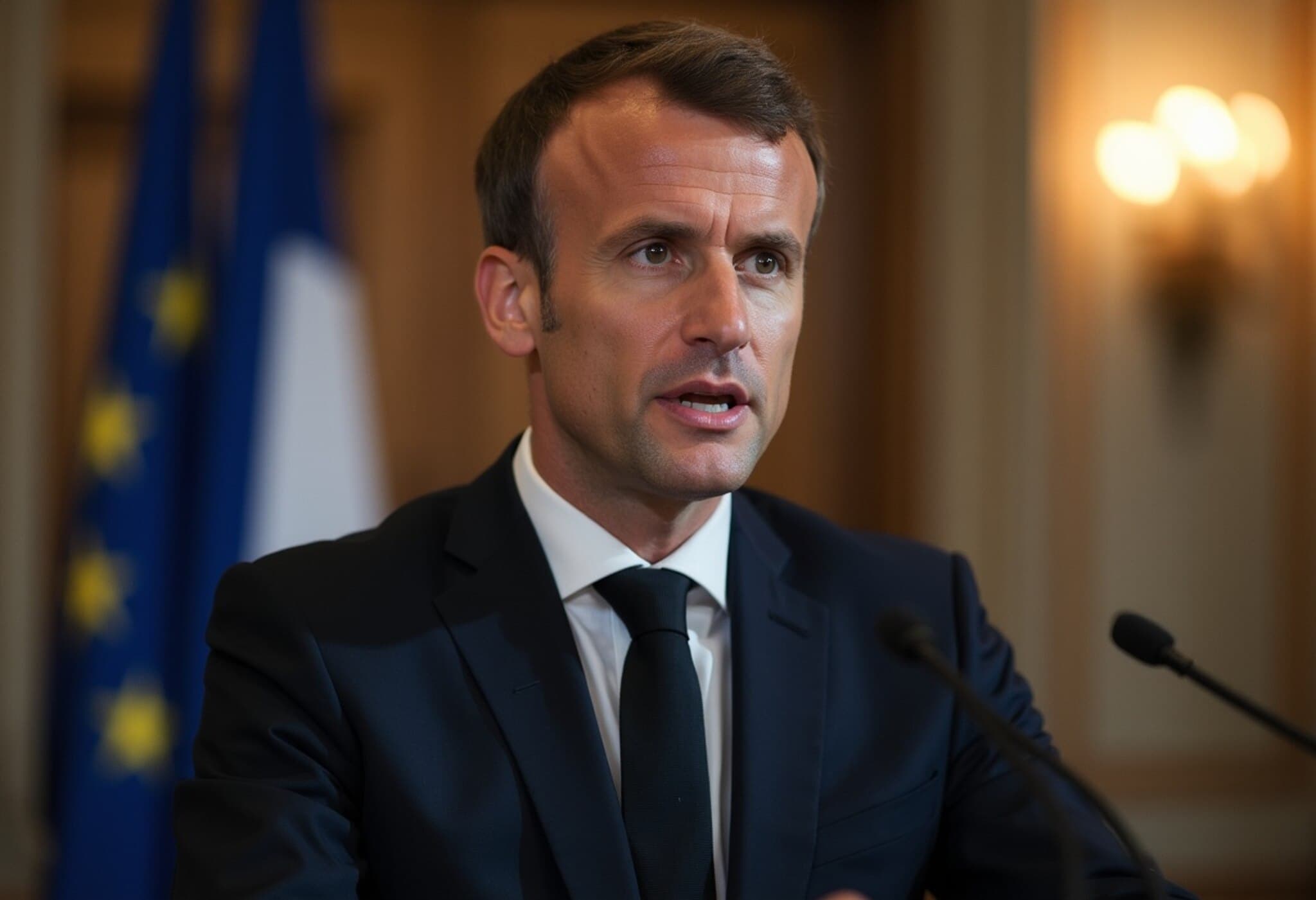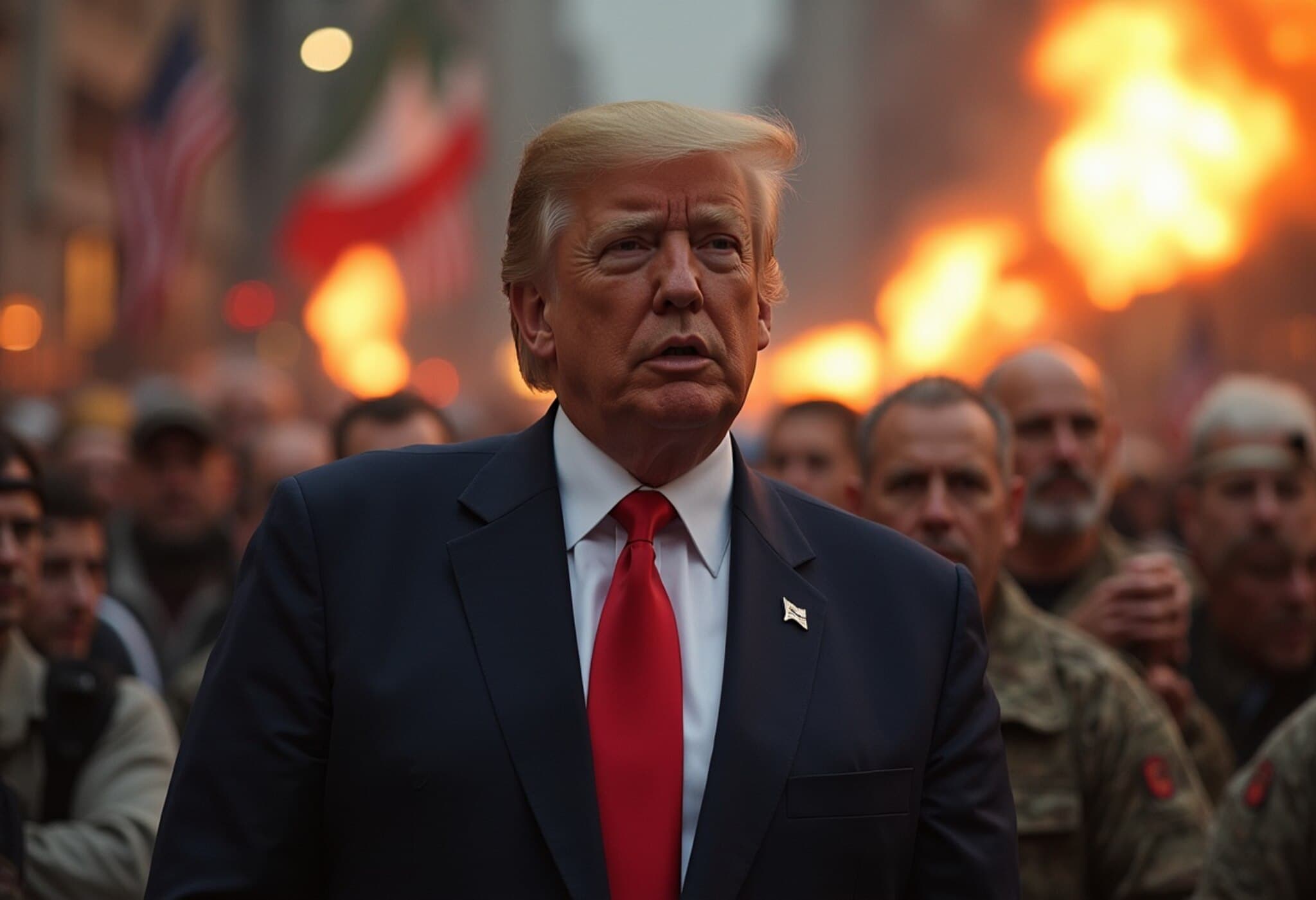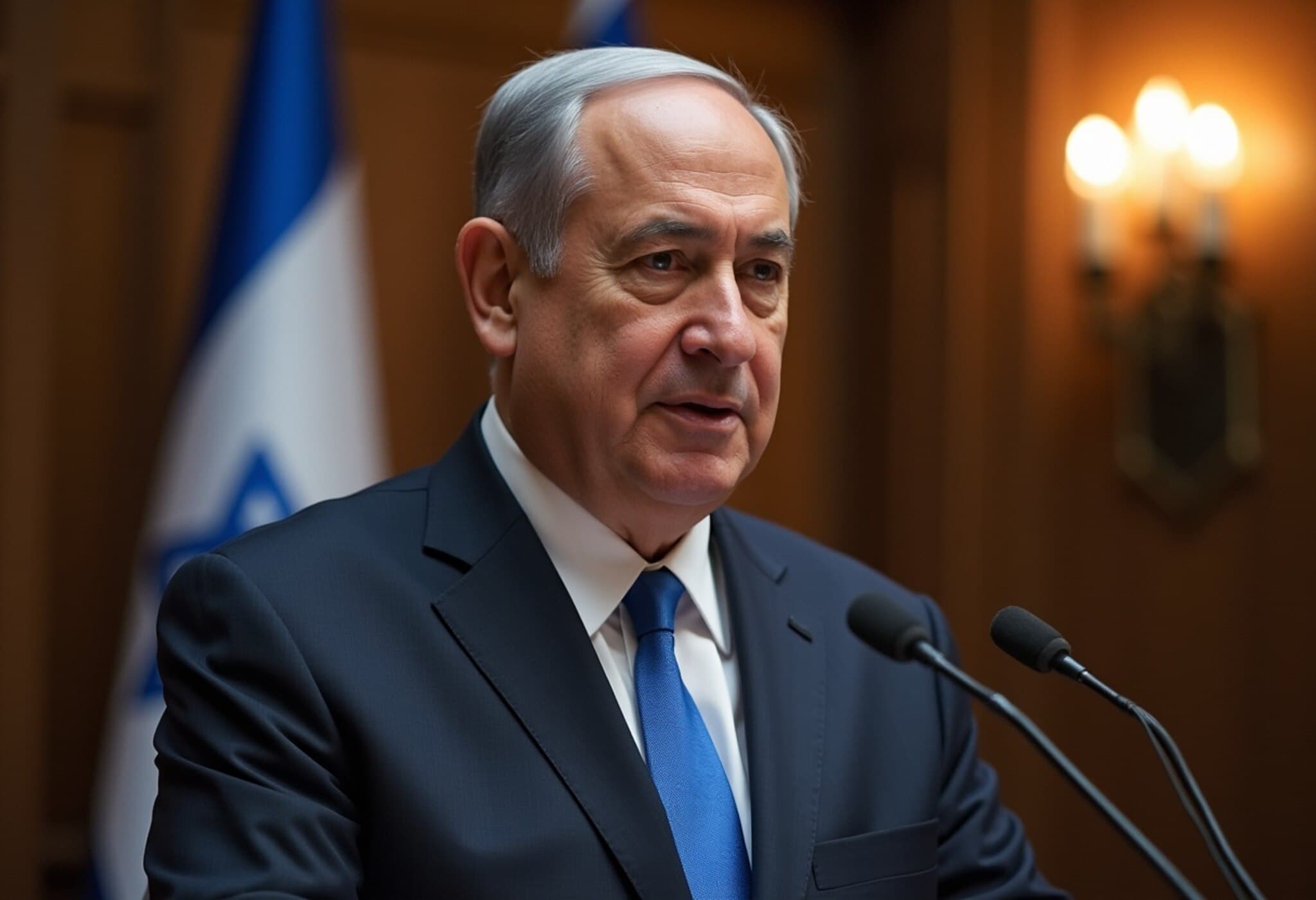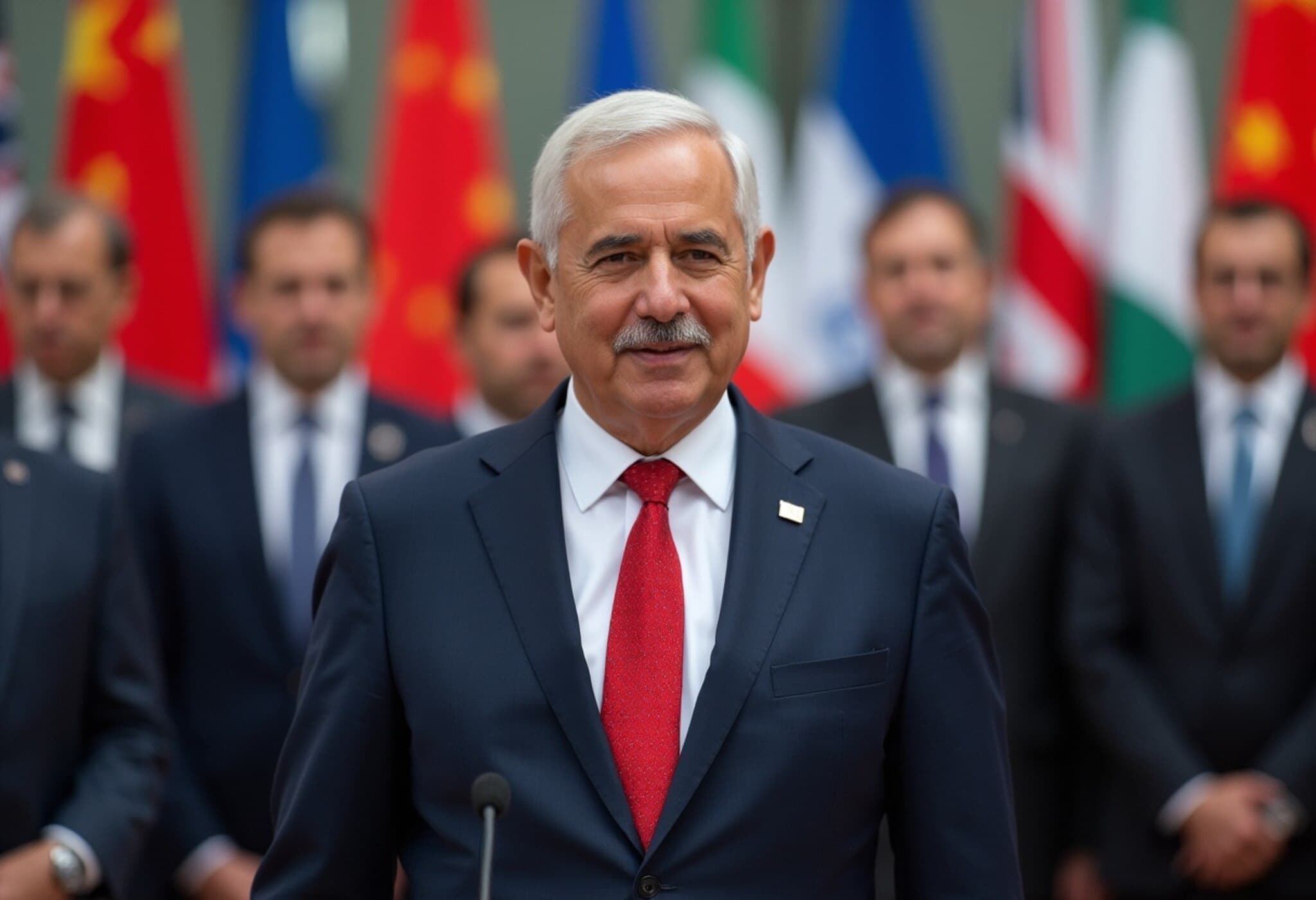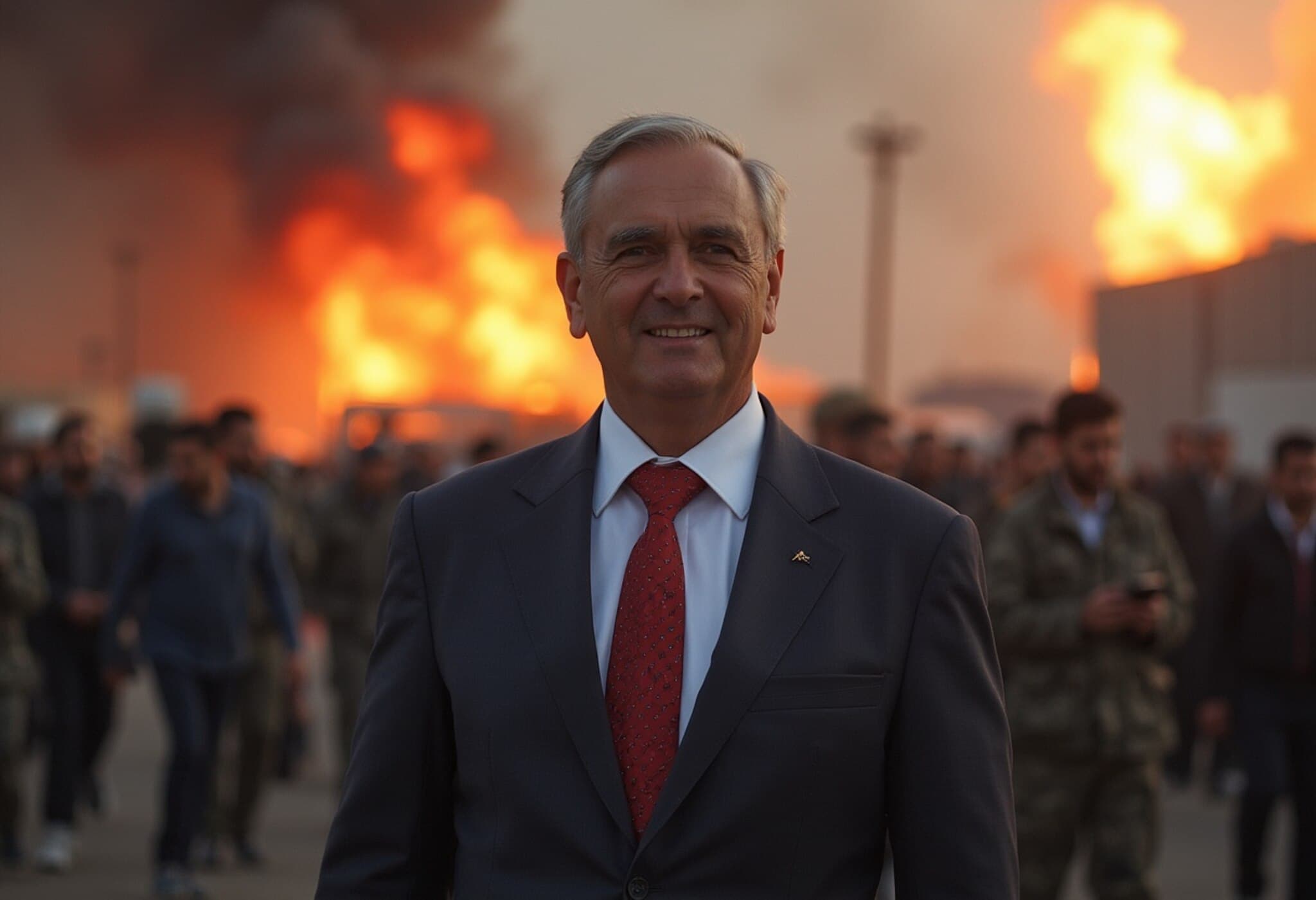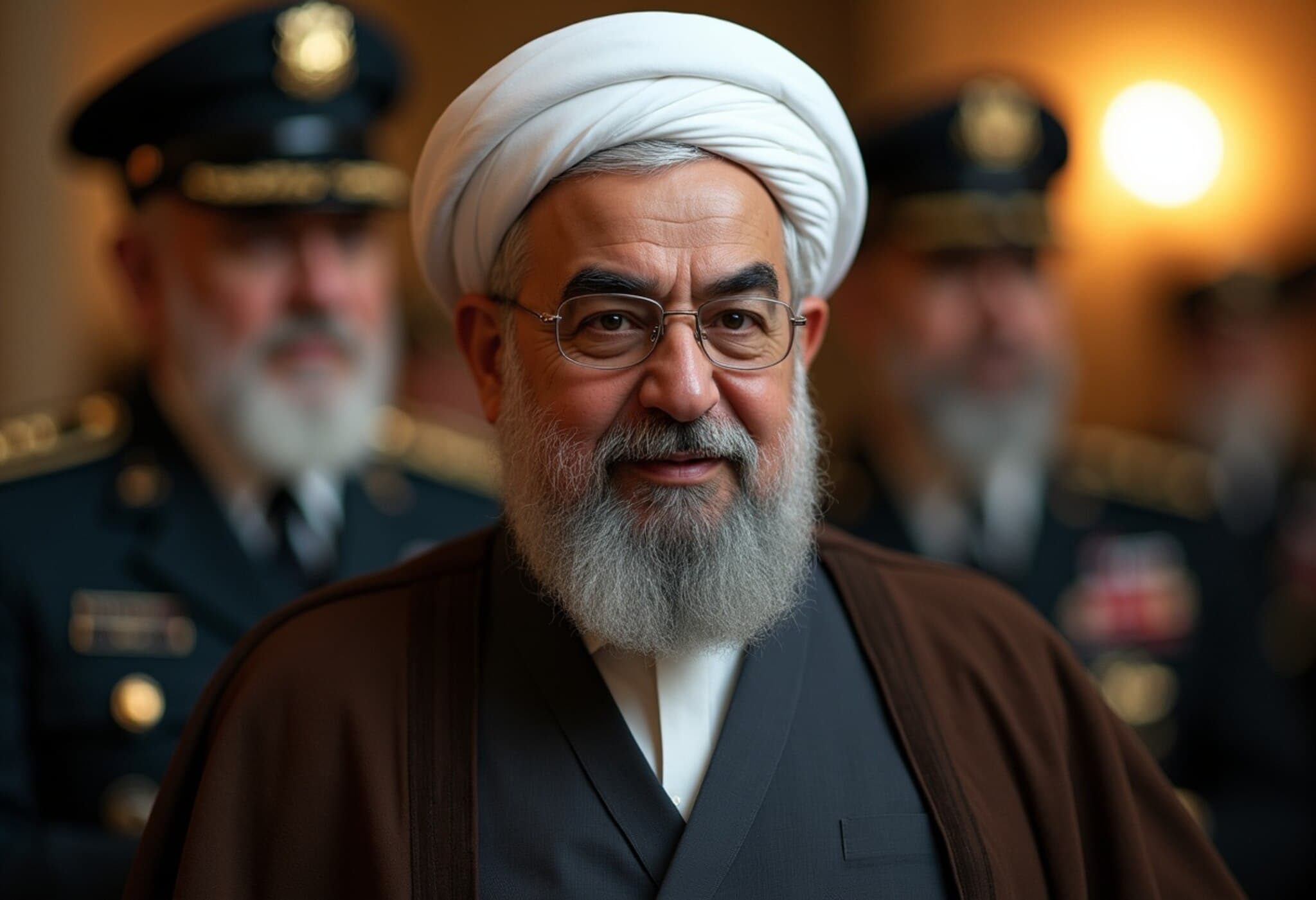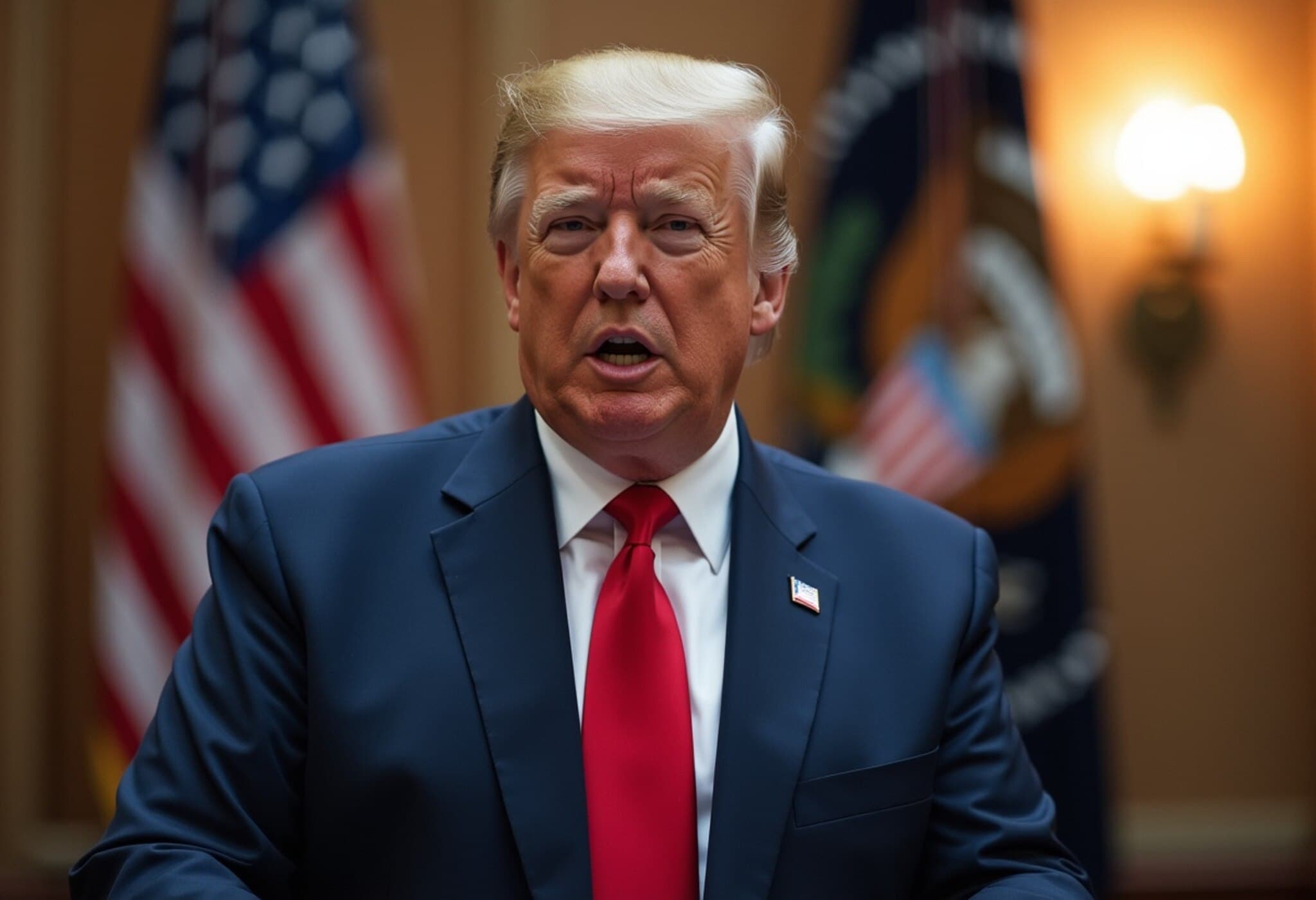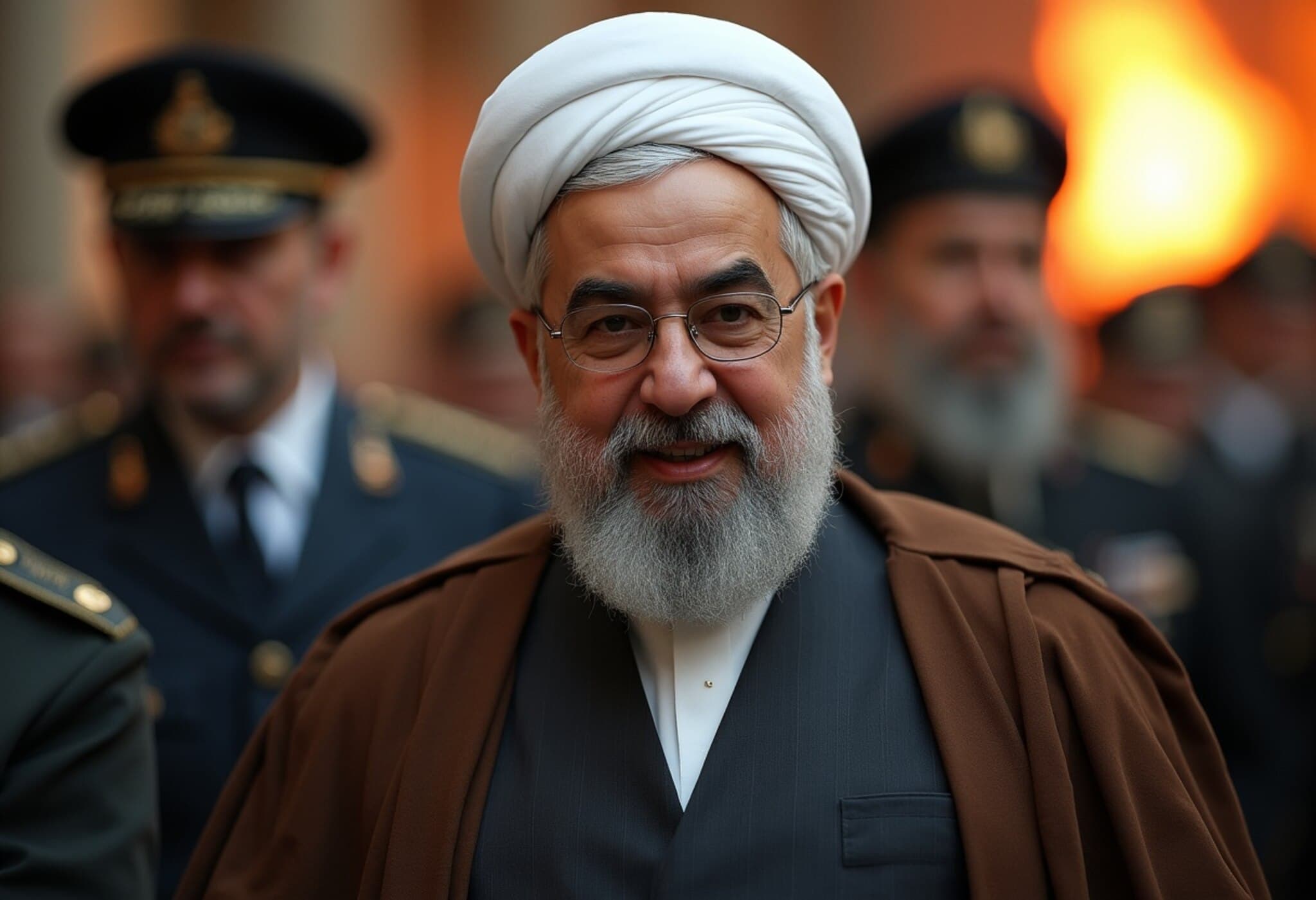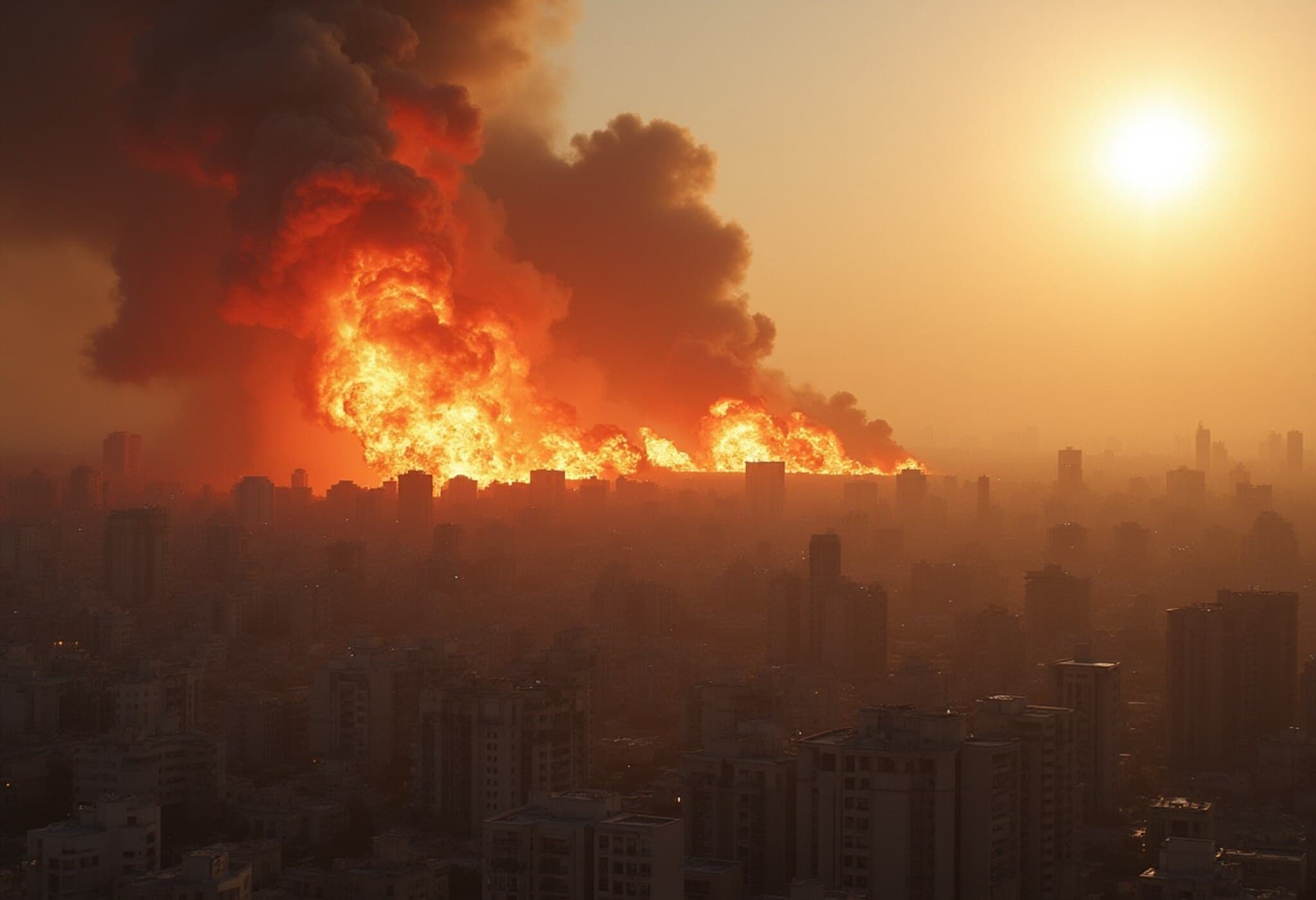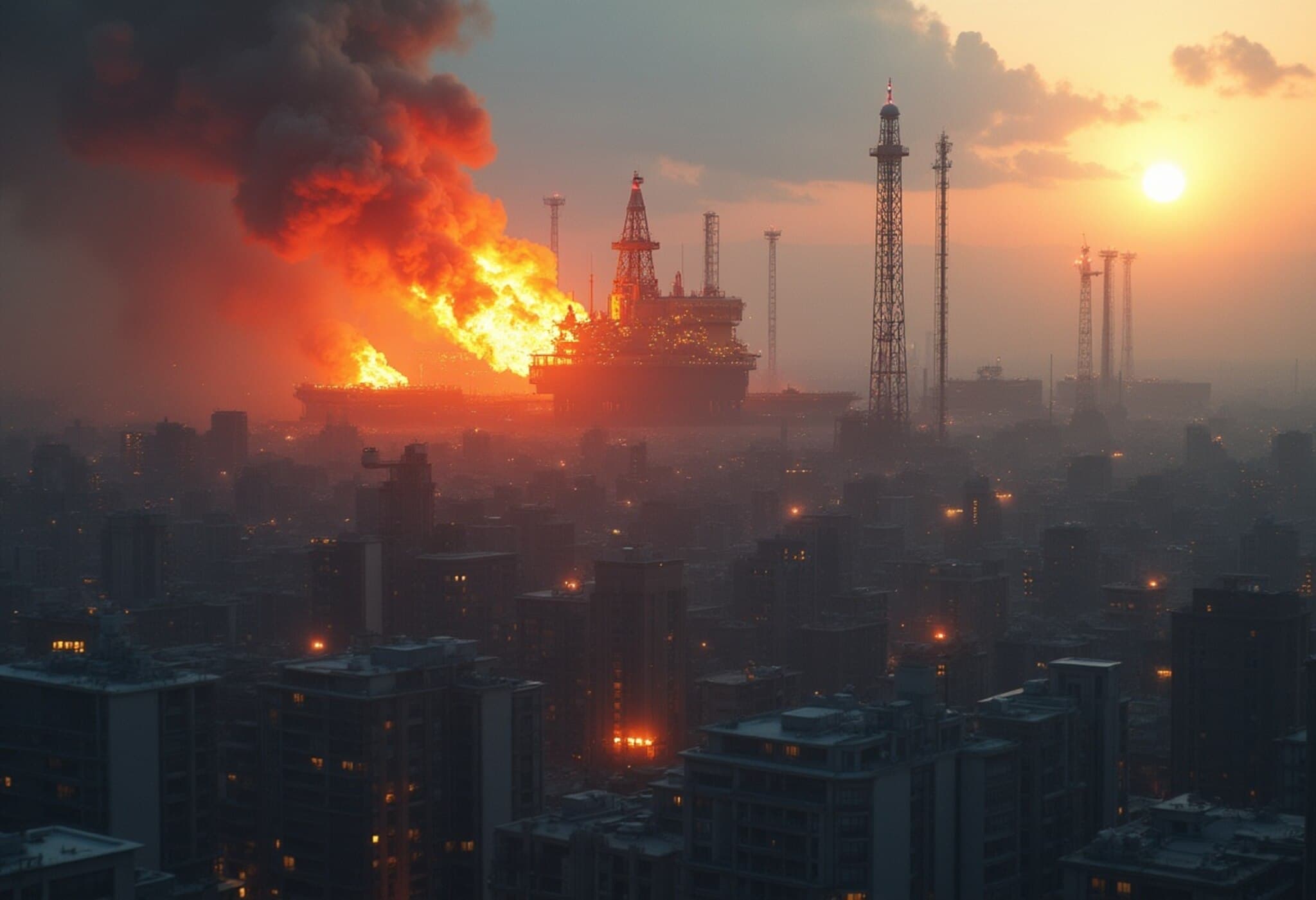Trump's Stand at G7 Summit Sparks Diplomatic Rift
During the recent G7 Summit held in the Canadian Rockies, US President Donald Trump chose not to sign a joint draft statement addressing the escalating conflict between Israel and Iran. This decision surfaced as an unexpected source of tension between the United States and its G7 allies.
Overview of the G7 Draft Statement
European officials primarily crafted the draft, emphasizing two critical points: recognizing Israel's right to self-defense while firmly opposing Iran’s ambitions to develop nuclear weapons. The statement also urged both Israeli and Iranian sides to protect civilian lives, underscoring the G7's enduring dedication to regional peace and stability.
Key Highlights of the Draft Statement
- Israel's right to self-defense acknowledged.
- Strong opposition to Iran's nuclear advancement.
- Appeal to both parties to safeguard civilians amid the conflict.
- Reaffirmation of the G7’s commitment to peace in the Middle East.
Trump's Response and Rationale
A White House official confirmed President Trump's refusal to endorse the statement, reflecting a firm position that the US remains at the forefront of efforts to prevent Iran from acquiring nuclear capabilities. Trump emphasized this leadership approach as vital to restoring global peace.
When asked about the conflict, Trump urged Iran to engage in immediate dialogue, underscoring, “Iran is not winning this war, and they should talk immediately before it’s too late.” This remark came during his bilateral meeting with Canadian Prime Minister Mark Carney, highlighting the urgency he places on diplomatic solutions.
Diplomatic Implications and Summit Context
The joint statement was initially anticipated to reflect unified G7 resolve on the Middle East crisis. However, Trump's dissent revealed underlying disagreements over strategy in managing rising tensions.
The summit gathered leaders from Canada, the United States, France, Germany, Italy, Japan, and the United Kingdom, convening to discuss pressing global issues—including trade conflicts, energy security, and crucially, the volatile Israel-Iran situation.
Conclusion
President Trump's refusal to endorse the G7 draft marks a significant divergence from allied consensus at a critical geopolitical moment. The contrasting approaches signal complexities ahead in fostering cooperation within this influential international group amid ongoing Middle East unrest.

